The House of Representatives Committee on Nutrition and Food Security, on Tuesday, began an investigation into the alleged diversion of ₦1.12 trillion meant for the execution of the Anchor Borrowers Programme (ABP) by various Ministries, Departments, and Agencies.
The panel is also scrutinising the operations of NIRSAL Microfinance Bank over its spending of ₦215 billion on agribusinesses, alongside the Bank of Industry, which disbursed ₦3 billion to 22,120 smallholder farmers under the agriculture value chain financing initiative.
At the investigative hearing in Abuja, Chairman of the committee, Chike Okafor, expressed concern over the transparency of the disbursement process. He stated, “We are probing how the Central Bank of Nigeria, through the Anchors Borrowers Programme, disbursed about ₦1.12tn to 4.67 million farmers involved in either maize, rice or wheat farming through 563 anchors.
“The CBN should note that we are aware it has about 24 participating financial institutions through which it disbursed these humongous amounts. I am also aware that you (CBN) have written to 24 of them but we have evidence of only nine. Please, note this.
“Secondly, we are probing how NIRSAL disbursed ₦215bn so far to facilitate agriculture and agribusinesses. Also, the Bank of Industry on how it disbursed ₦3bn to 22,120 smallholder farmers through the agriculture value chain financing programme.”
Okafor noted that the creation of the committee was part of a legislative effort to collaborate with the executive and stakeholders to ensure Nigeria becomes a food-secure and nourished nation.
A representative of NIRSAL Microfinance Bank, Charles Bassey, attributed the setbacks in loan repayments to widespread insecurity. He explained that while beneficiaries were selected based on strict guidelines, many faced serious challenges.
“It was based on those guidelines that we disbursed these funds. Some of the challenges that they have written about include insecurity challenges. A couple of them had pointed to the fact that after they had invested the funds in agricultural business, they were not able to go back to the farms because of the experience of banditry and herdsmen.
“This delayed their seasonal interventions and harvest. Some also pointed to natural disasters such as flooding and drought which affected them. A few of them asked for restructuring of the loan facility to allow them time to repay accordingly,” Bassey said.
Meanwhile, Olushola Obikanye, Group Head, Agric Finance and Solid Minerals at Sterling Bank, told the lawmakers that the bank had fully repaid its obligations under the scheme.
“The total fund repatriated to the CBN, which is the cumulative of the undisbursed funds that were returned and the disbursed funds that were returned. The total funds repatriated to the central bank stood at ₦113.49bn. This leaves Sterling Bank with an outstanding of zero naira, zero kobo owing under this scheme,” he said.

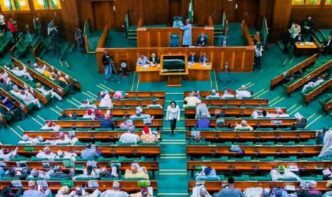
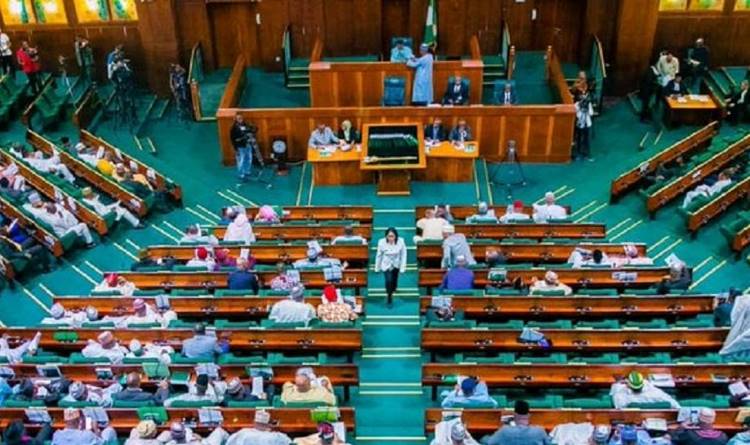
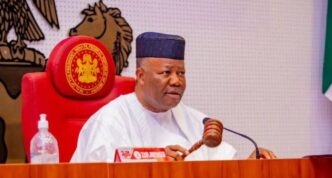
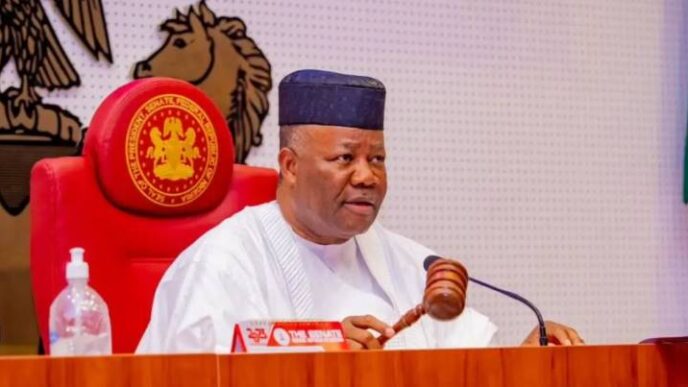
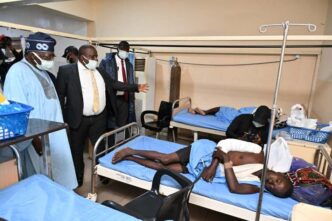
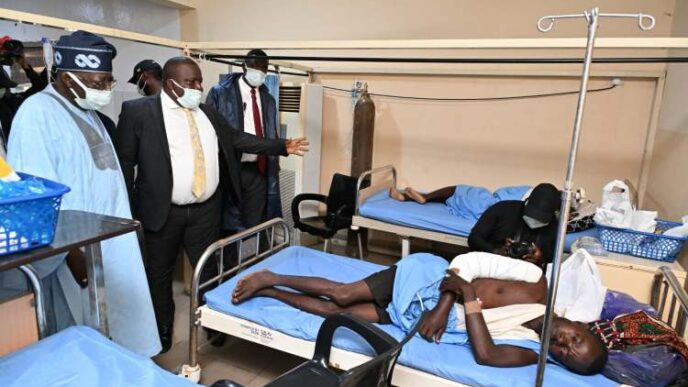
![Tinubu confers national honours on Abiola, Soyinka, Ken Saro-Wiwa, Others [FULL LIST]](https://witnessngr.com/wp-content/uploads/2024/12/Bola-Tinubu-6-332x247.jpg)
![Tinubu confers national honours on Abiola, Soyinka, Ken Saro-Wiwa, Others [FULL LIST]](https://witnessngr.com/wp-content/uploads/2024/12/Bola-Tinubu-6-688x387.jpg)





